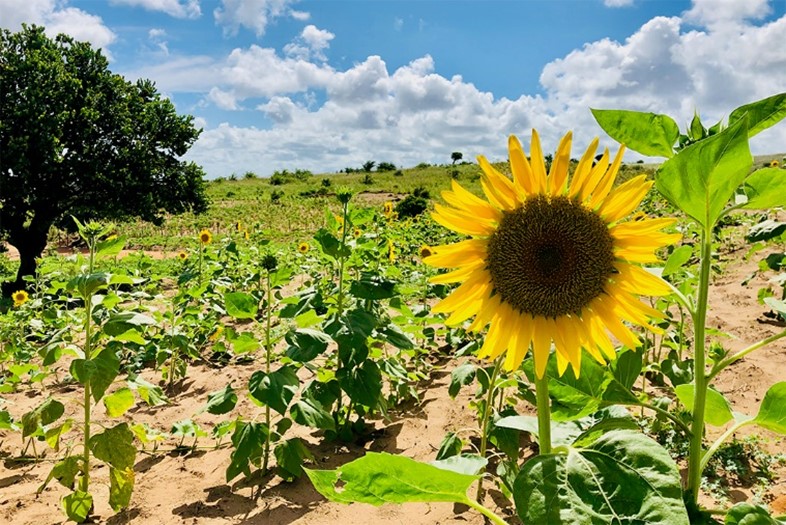At Santander BEST Africa we offer technical or economic support to enterprises that favour the employment of women, promote sustainability - economic, social and environmental - and contribute in an inclusive way to the development of the community.
Find out about some of the projects included in the programme.
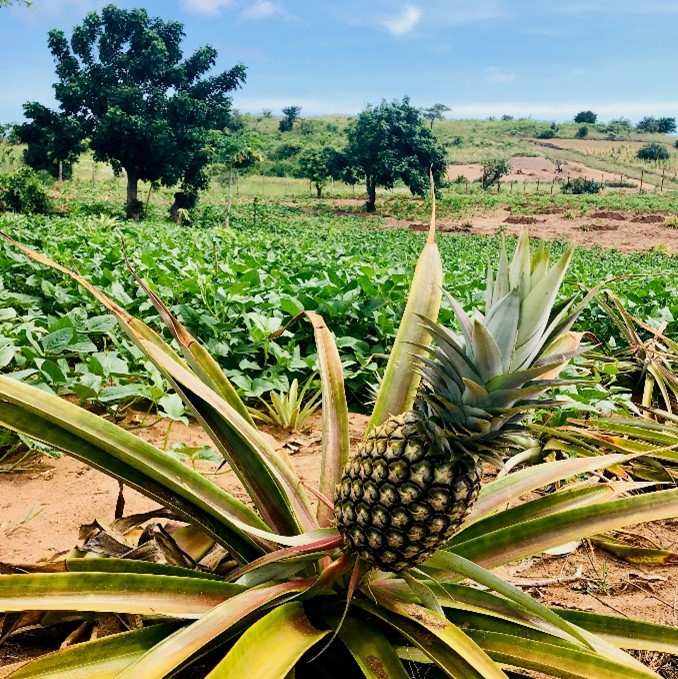
HUMBI FARM, ORGANIC FARM IN XAI-XAI
Economic empowerment remains a challenge for women in Mozambique, especially as it relates to the rural environment. Despite accounting for 87.3% of the labour force in agriculture, only 25% of women have formal land use rights as landowners (UN Women, 2015). Humbi Farm is a 15-hectare organic farm developed to facilitate the supply of the Munti educational centre, developed by the Khanimambo Foundation, while generating new opportunities for training, employment, and social growth.
The organic farm aims to strengthen the sustainability of the Munti centre, inspire the farming community with innovative techniques based on the principles of permaculture, promote technical training and job creation in an initiative that seeks to be a benchmark in sustainable agricultural cooperation in Xai-Xai.
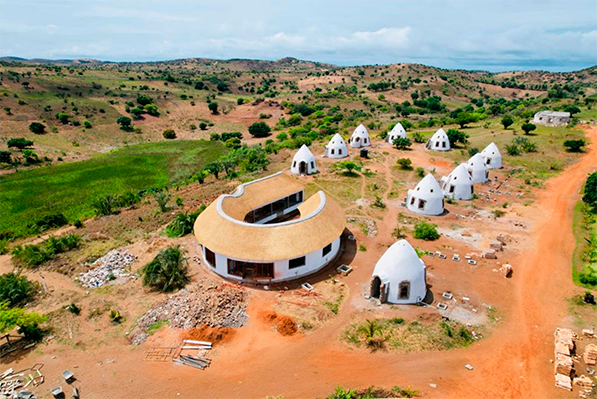
HUMBI HOME, ACCOMMODATION IN XAI-XAI
Linked to the Khanimambo Foundation's interrelated projects in Xai-Xai, Humbi Home, accommodation for volunteers and travellers visiting Xai-Xai, consists of eight huts and a common central building. Humbi Home aims to help generate development, employment, and inspiration for the Xai-Xai community. It is presented as a platform for women in the community to work in the tourism sector and as an innovative and sustainable architectural inspiration for the municipality.
The project, developed in collaboration with the Khanimambo Foundation, includes the acquisition of the necessary equipment for refurbishing the huts and common house and for the launch of the activity.
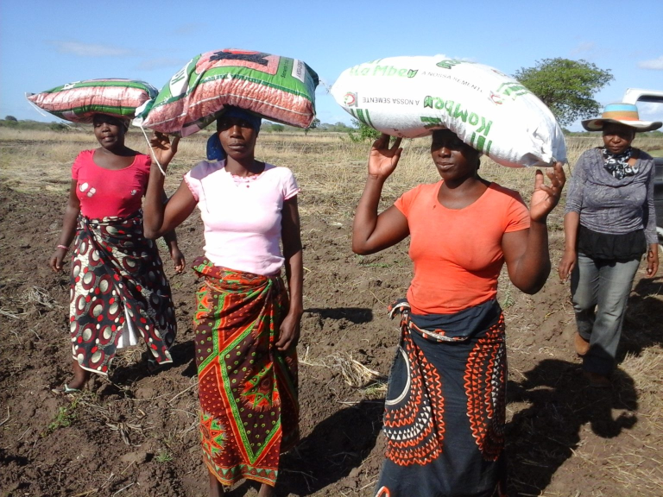
Promoting entrepreneurship in the district of Boane
In 2019, Fundación Encontro and Enraíza Derechos started an initiative with the women of Boane to encourage cooperativism, savings and investment in small businesses. Within the scope of this initiative, other groups of women have emerged who have shown interest in starting small economic enterprises to help them improve their income levels. One of these groups is comprised of 160 women who are part of a programme for the care and preservation of the environment.
The project proposes to work with a group of 25 of these women to strengthen their skills in small business management: identification of the business idea, context analysis, preparation of simple business plans and marketing techniques, and basic financial education to set up and manage a revolving fund to support the implementation of their initiatives. It will be the women themselves, with the support of the technical team of Fundación Encontro and Enraíza Derechos, who will draw up the criteria and rules for the operation of the fund.
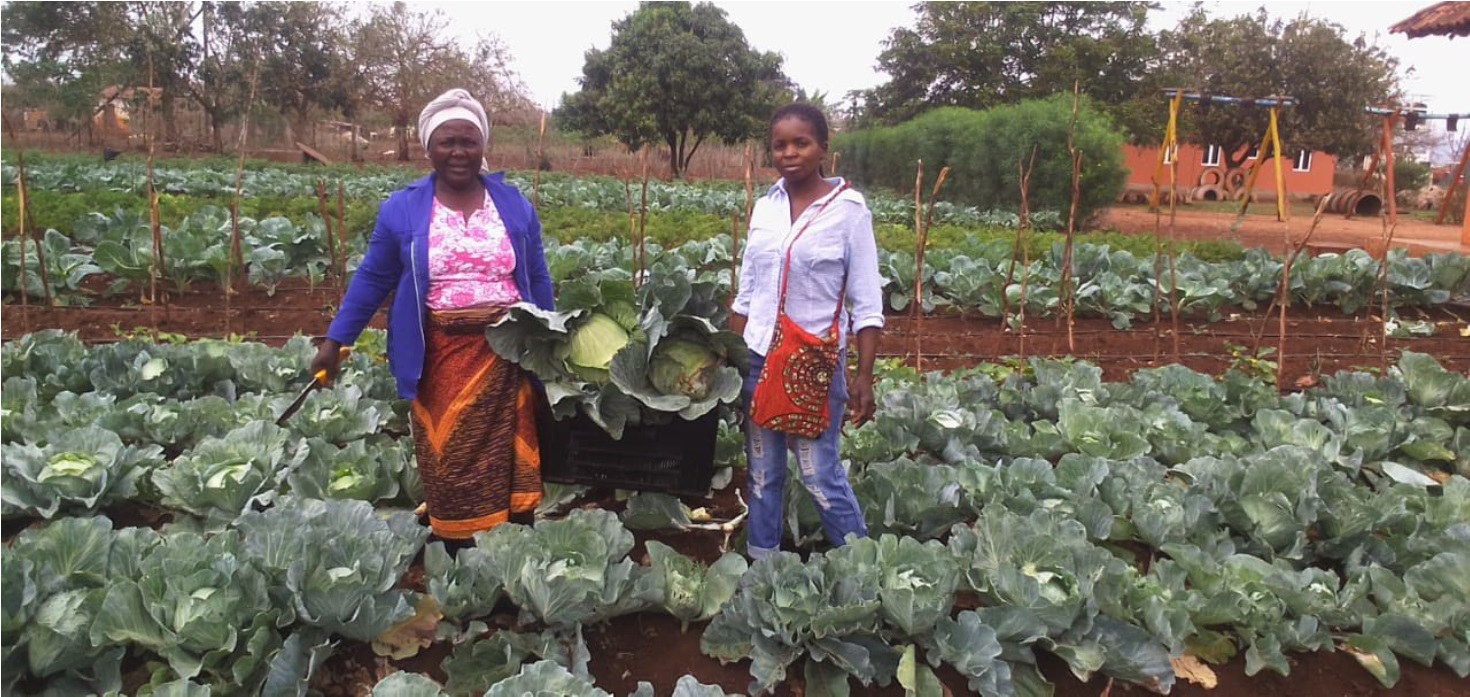
Food production and processing in Boane and Namaacha
The women beneficiaries of this initiative are part of the programme "Combating chronic malnutrition", implemented by Fundação Encontro and Enraíza Derechos in the districts of Boane and Namaacha. These women rely on agriculture as the basis of their subsistence, working the land with precarious farming systems and subject to climate vulnerability.
The project, developed in collaboration with the NGO Enraíza Derechos, aims to support 20 women farmers in the districts of Boane and Namaacha with agricultural inputs and advice to improve production techniques, planning and diversification of agricultural production.
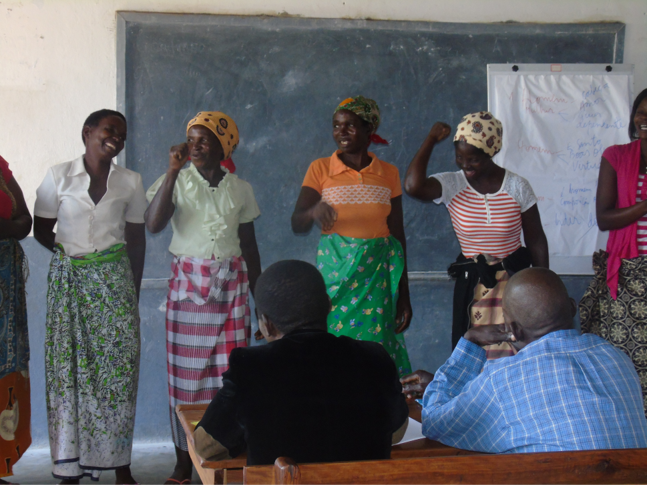
Empowerment and sustainable management in Limpopo
Madre Coraje has been working since 2014 in Limpopo on the search for solutions to improve the living conditions of the population in various areas: access to education, access to water and sanitation, improvement of agricultural production conditions, promotion of associativism, promotion of equality and equity, and strengthening local marketing. The project is part of a broader line of action aimed at promoting the economic empowerment of women in this area of Mozambique.
The aim of this initiative is to help consolidate the community centre's poultry service in response to the increase in demand for eggs from the population. It envisages the training of a minimum of 30 people, mostly women, in egg production techniques, for their own consumption and sale of surplus; the purchase of equipment; training and recycling in poultry management; marketing training; the promotion of community talks on health and nutrition; and the promotion of a fair for the exhibition and marketing of the centre's services.

